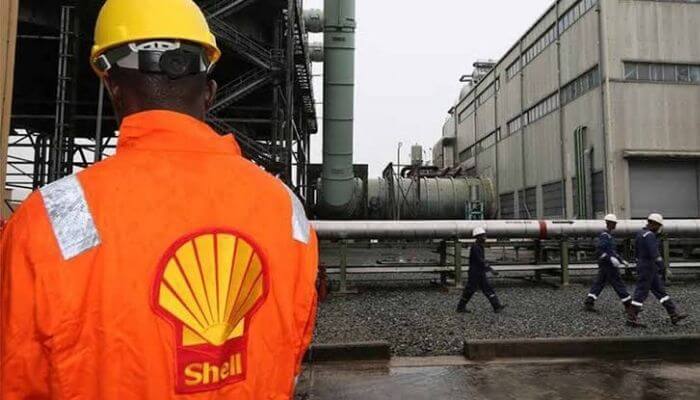The Shell Petroleum Development Company of Nigeria Limited (SPDC) and its joint venture partners – Nigerian National Petroleum Company Limited, TotalEnergies EP Nigeria Limited, and Nigerian Agip Oil Company – have taken the final investment decision (FID) to build a dedicated upstream facility to supply 100 million standard cubic feet of gas per day to Dangote Fertiliser and Petrochemical Plant in Lekki, Lagos State.
The deal is for an initial period of ten years according to Energy Times.
Managing Director of SPDC, operator of the joint venture, Osagie Okunbor, disclosed this at the weekend in Port Harcourt describing the FID as a significant step in supporting the Nigerian government’s ‘Decade of Gas’ ambition.
“This investment decision is a critical step in pursuing the development of the gas-rich Iseni field, which is part of the Okpokunou Cluster in Oil Mining Lease 35 located in Sagbama Local Government Area of Bayelsa State,” Okunbor said, adding that SPDC and its joint venture partners remained committed to Nigeria’s ‘Decade of Gas’ ambition and, particularly, the domestic gas agenda.
According to Okunbor, increasing the delivery of natural gas to the domestic market is key to accelerated industrialization and economic development of Nigeria.
The FID signals a positive step towards the construction of the required infrastructure for the project that is expected to create jobs through direct and indirect employment.
Dangote boasts Africa’s largest granulated urea fertiliser complex and produces around 65 percent of Nigeria’s domestic fertiliser requirements. The project will supply gas which will enhance the Dangote Fertiliser and Petrochemical Plant’s ability to deliver on its promise to the Nigerian people and government.
A BusinessDay analyst said the breakthrough “has much less to do with the “Decade of Gas”, and much more to do with having a fully creditworthy buyer on the back of whose GSPA the upfront investments in drilling, processing and transport can be made.
“If the Decade of Gas was so important there wouldn’t be the drastic shortage of gas to power we’re now experiencing and almost 70% of available generation capacity would not be stranded due to lack of gas supply (and, I might add, BOTH transmission and distribution capacity).
“Nigeria has not moved much beyond the position as of April 2015 essentially because payment discipline and creditworthiness (that justifies investments in thermal fuel supply and energy transmission, release of stranded generation capacity and the construction of new generation particularly in renewable energy) are yet to be seen/recognised as the foundation of energy sector growth…and, therefore, energy security.
“100mscf/d is approximately 350MW of electricity power generation capacity. “

